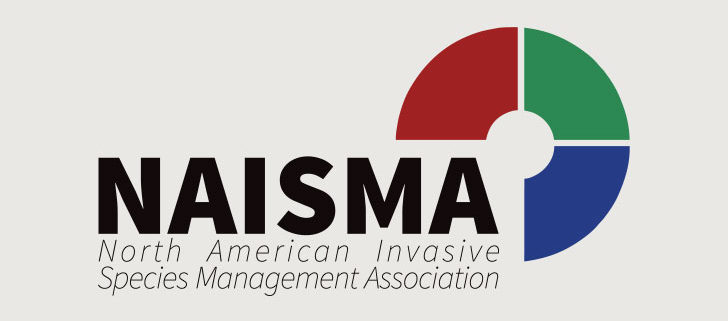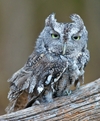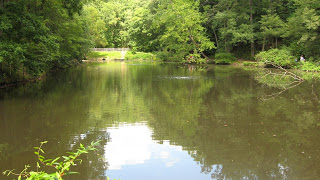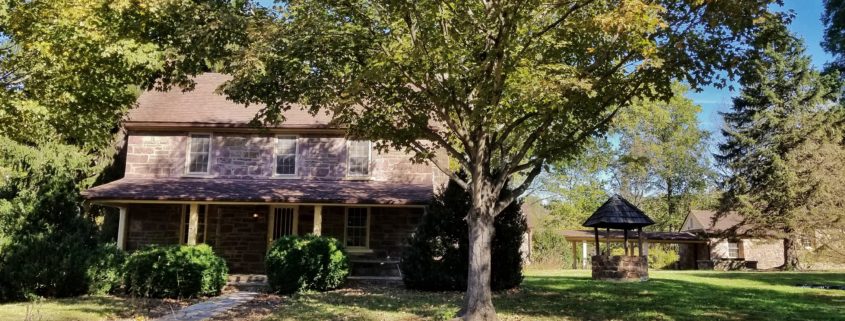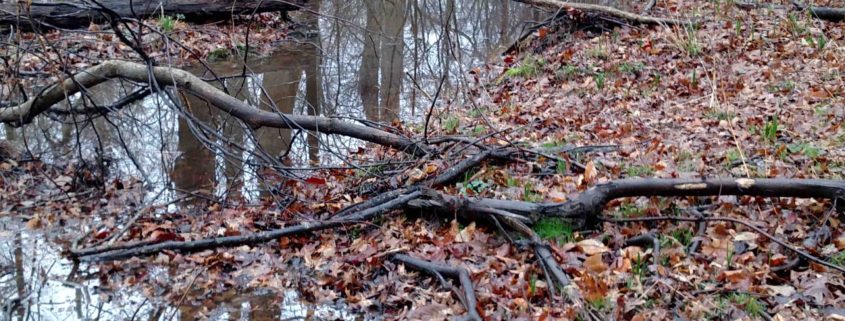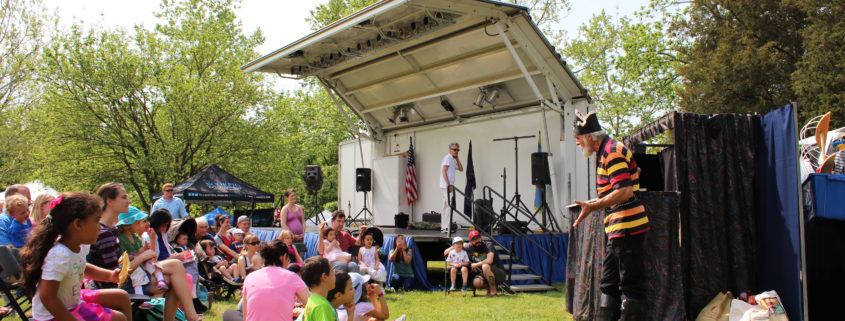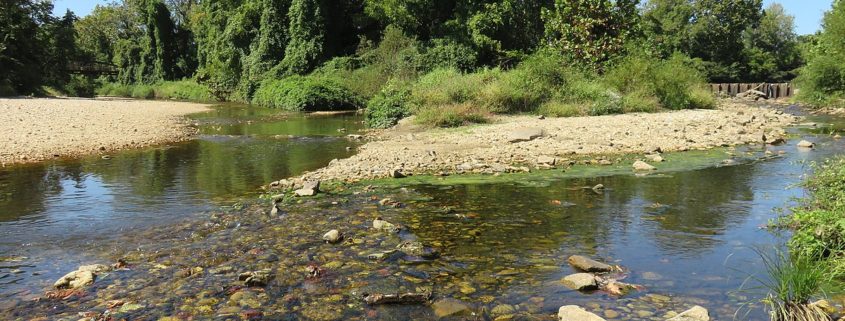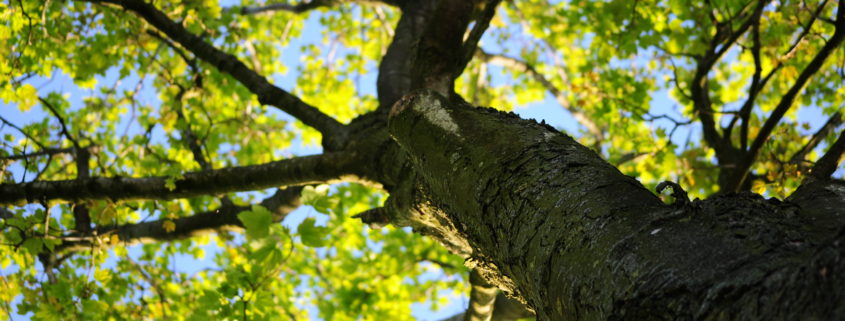North American Invasive Species Management Association (NAISMA) seeks an experienced Program and Communications Manager to organize, coordinate, and manage programs, provide strategic guidance to committees and partners, oversee the progress of operations, and manage much of the organization’s communications. At least 50% of this position will be dedicated to the PlayCleanGo outreach campaign; especially expansion of the campaign in the Northeastern U.S.
The ideal candidate will be an excellent leader, able to develop efficient strategies and tactics, and have experience managing multiple programs and communications tools while producing results in a timely manner.
While NAISMA’s office is in Milwaukee, Wisconsin, this position can be executed via telecommuting from anywhere in the U.S. if the successful candidate has demonstrated capacity to do so. This is a 1-year, renewable, non-salaried contractor opportunity and is expected to grow to full-time depending on the successful candidate?s performance and the organization?s fundraising efforts.
Compensation: $25,000 – $32,000
Who may apply: Open to the Public
Interested candidates should email a resume or CV and cover letter with at least two references to: bbergner@naisma.org by
5:00 pm CDT on Friday, 4 May 2018.



